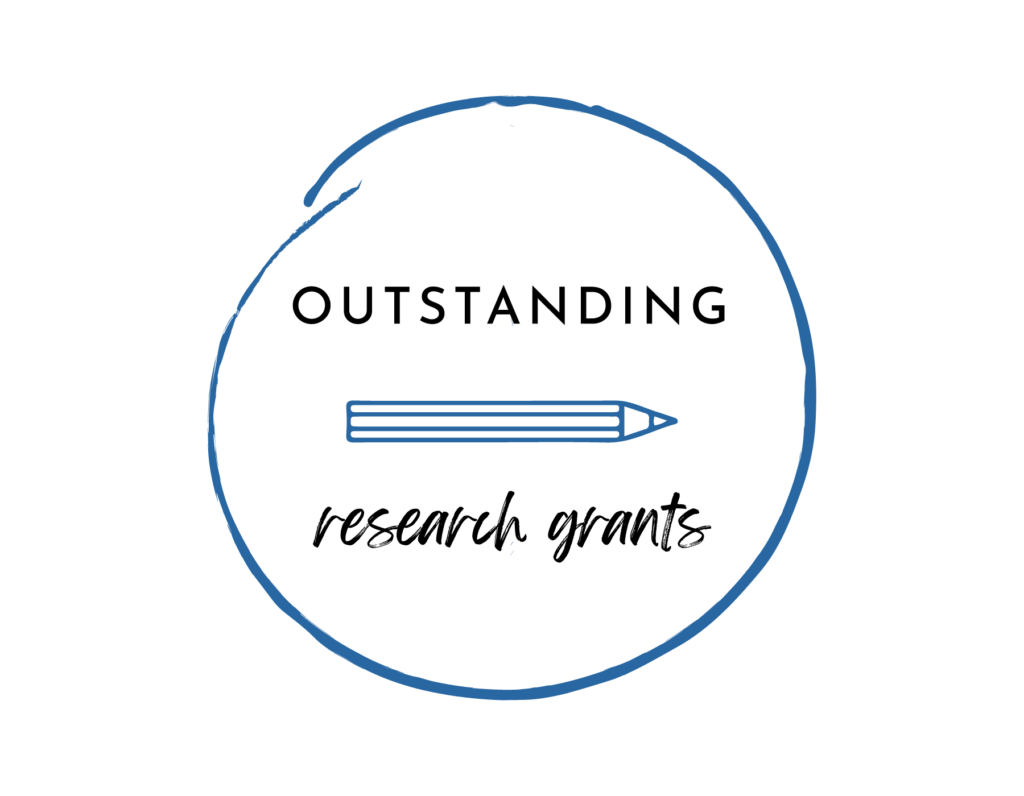
Blog
How to prepare for a research grant interview
Part of the work I do is to offer interview training sessions to researchers whose grant proposals have been shortlisted for an interview.
In this blog I offer some advice on how to prepare so that you give yourself the best chances of success during what can be both an exciting and daunting experience.

Key principles
The overall principle of preparing for a research grant interview isn’t actually that different from writing the proposal itself. In other words, it’s an exercise in compelling, persuasive communication of your research idea to a varied set of academic experts.
However, probably the main challenge of the interview is it’s performative element. Namely, the need to immediately come up with concise answers to a varied set of questions in a high-pressure situation.
As predictable as this might sound, preparation is key to overcoming this challenge. But let me be a bit more specific (and hopefully a bit more helpful) to explain what I mean by this.
Below I outline 5 main action points that are instrumental to preparing for a grant interview.
- Find out as much as possible about your interview panel.
Similarly to when you’re writing a grant proposal, it’s important to know who your interview audience will be. Finding out what types of research areas and approaches will be represented in the interview panel will give you essential information so that you can start to think about (i) what types of question they might have about your proposal, and (ii) how you will frame and communicate your answers.
A lot of grant schemes publish the composition of previous interview panels on their websites or tell you directly who will be on the interview panel.
- Prepare a long list of possible questions
Once you have a good idea of what type of researchers will be on the interview panel, it’s helpful to start preparing a long list of possible questions that might come up. It’s important to remember that some of the panel members won’t read your proposal in depth, so it’s good to include questions about both the fundamental arguments of your proposal as well as the specifics. It’s also important to be honest with yourself about areas of your proposal that you feel the least confident about. Dealing head-on with the trickier aspects of your proposal will mean that you’ll be better prepared to deal with difficult questions when they arise.
- Rehearse how to give concise, effective answers.
Many interview invitations will directly ask you to keep your answers short. But for most people the art of giving short, concise answers to questions that are about complex, nuanced topics is something that needs a lot of practice. This is why practicing how to respond to a range of questions out loud is one of the most common pieces of interview preparation advice.
- Practise how to respond positively to negative or harsh questions.
It’s unfortunate, but some interview panellists will ask negative, harsh or dismissive questions about your proposed research. These questions are difficult to deal with in the best of situations, let alone in the context of a grant interview when the stakes are so high. This is why it’s well worth your time thinking about possible questions from a researcher that is highly sceptical of your chosen approach, and practicing how you can respond to this in a constructive and friendly way.
- Have trial interview sessions and get feedback.
Finally, having a number of trial interview sessions is invaluable for getting feedback on how you’re communicating your arguments and ideas. They are especially helpful for identifying any mismatches between your intended message and how it is being received by a listener, as well as for exposing you to questions that you haven’t already thought of yourself.
An important note about trial interview sessions is that they need to consist of the right type of individual(s) in order to be valuable for your preparations. Ideally choose individuals who give constructive feedback. It’s much more important to have people who are willing to offer suggestions or who take the time to explain to you why they haven’t understood something, rather than individuals who approach the trial interview as an opportunity to flex their egos. Choosing the right people will not only benefit the preparation of your interview questions, but it’s also really important to protect yourself from people who might damage your self-esteem when you’re about to enter what can feel like a very vulnerable experience.
If you reach the interview stage of a research grant selection procedure, it means that you’ve already written a really strong proposal. Hopefully the preparation tips I’ve outlined above will help you enter the interview with the skills and confidence that will help you make the most convincing case for the value of your ideas to the interview audience.
Have you been shortlisted for an interview & would like some support with preparing?
If you’d like to learn more about how I support researchers to prepare for their grant interviews, we can arrange to have a free informal Zoom call where you can tell me about your grant project and ask me anything about how I work. Simply fill out the contact form to arrange a time for us to meet.
I’m a friendly person to speak to and never push people to make any commitment, so don’t hesitate to get in touch, it would be lovely to hear from you!
Contact form:
2023 | Natalie Papanastasiou | All Rights Reserved | Privacy Policy | Terms & Conditions